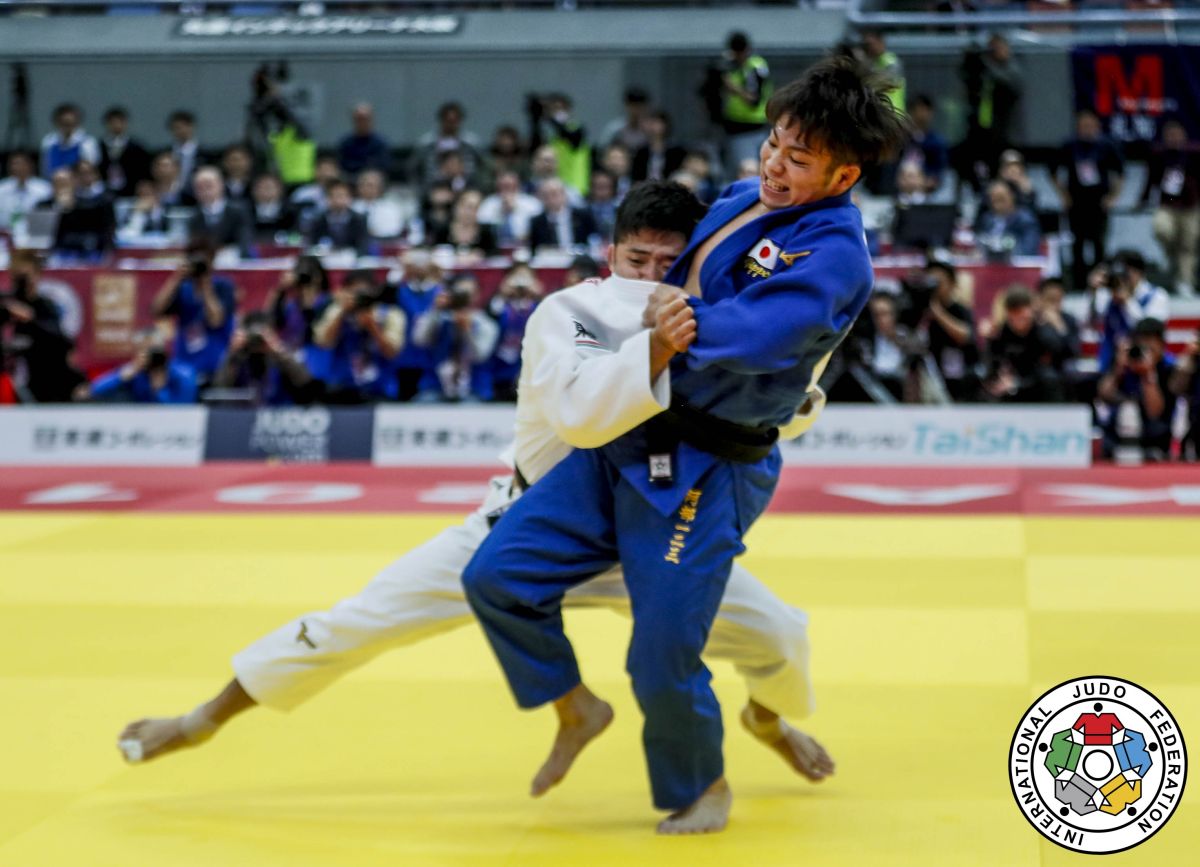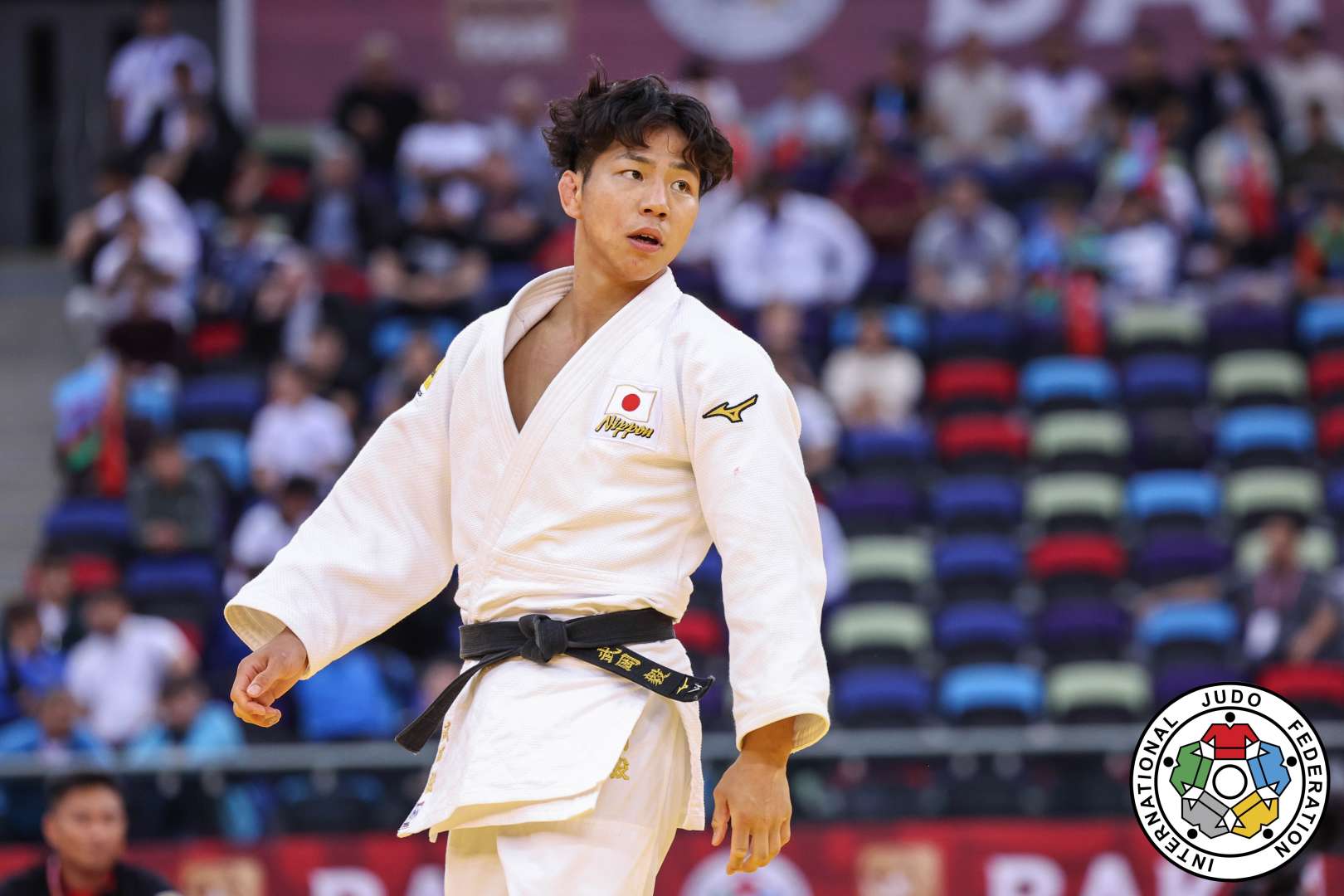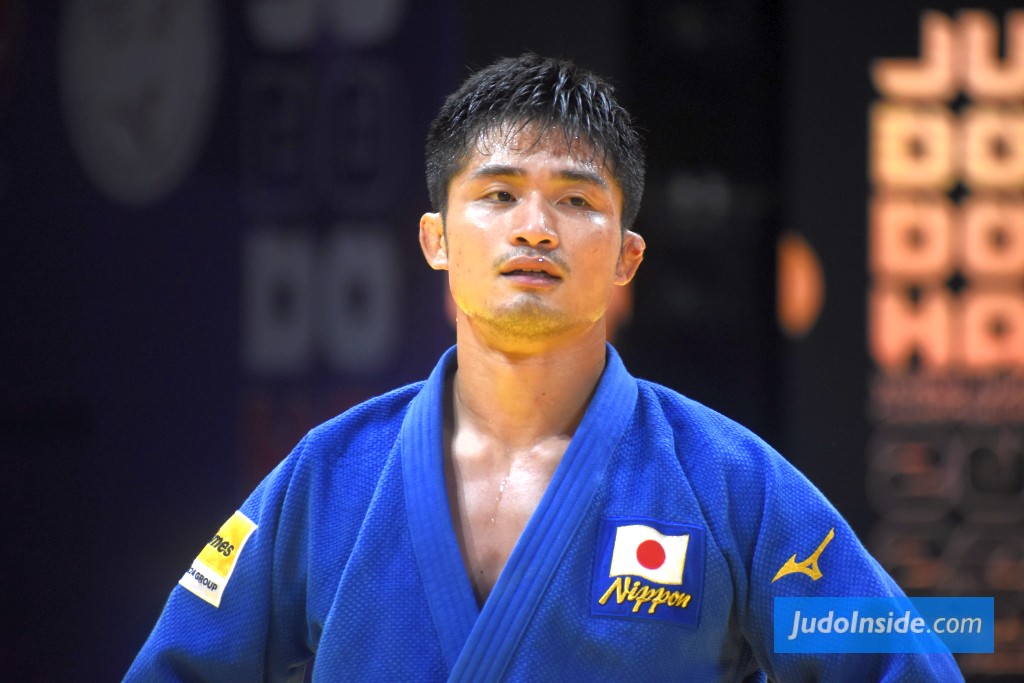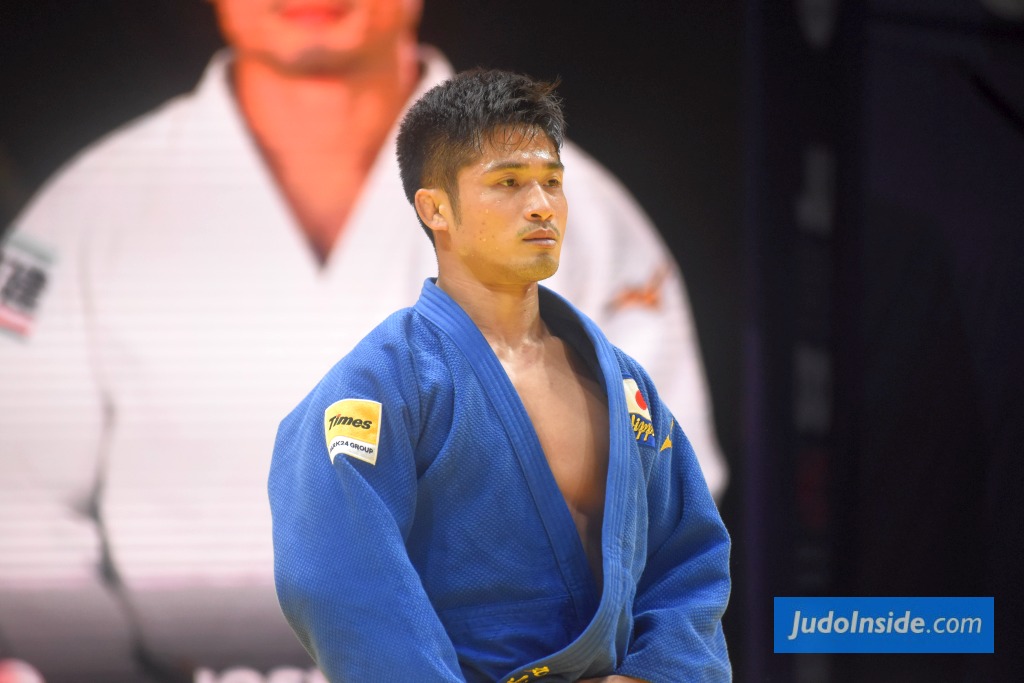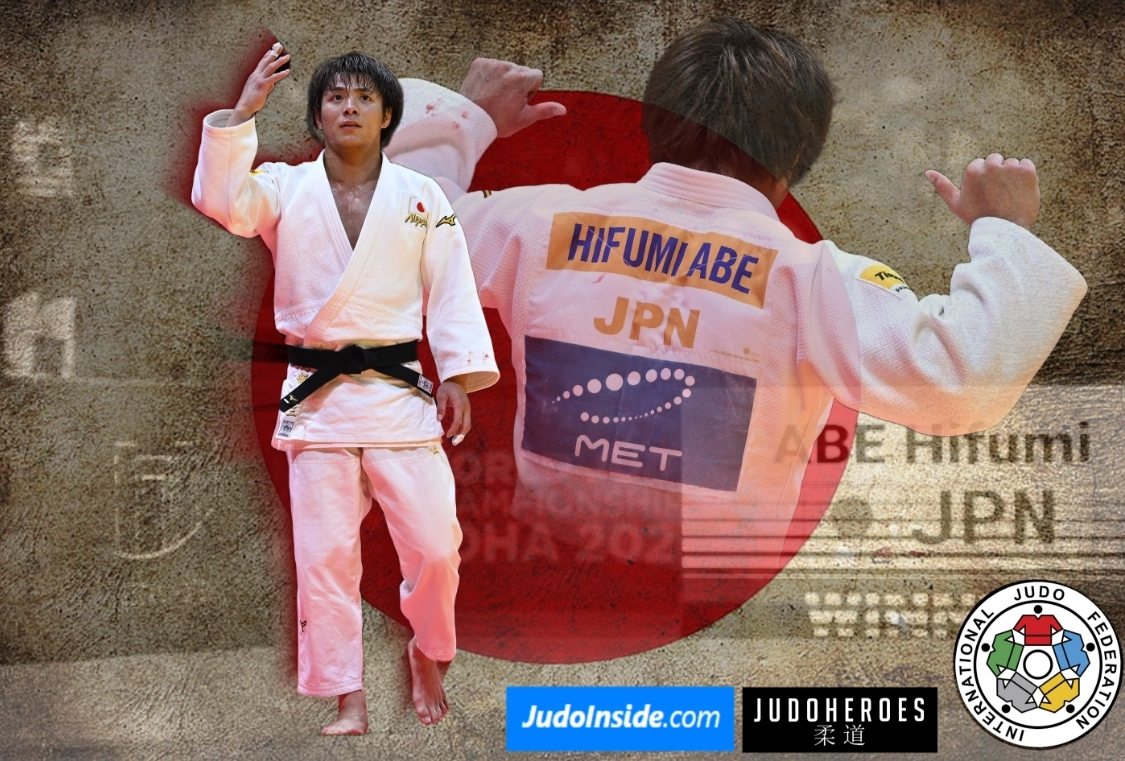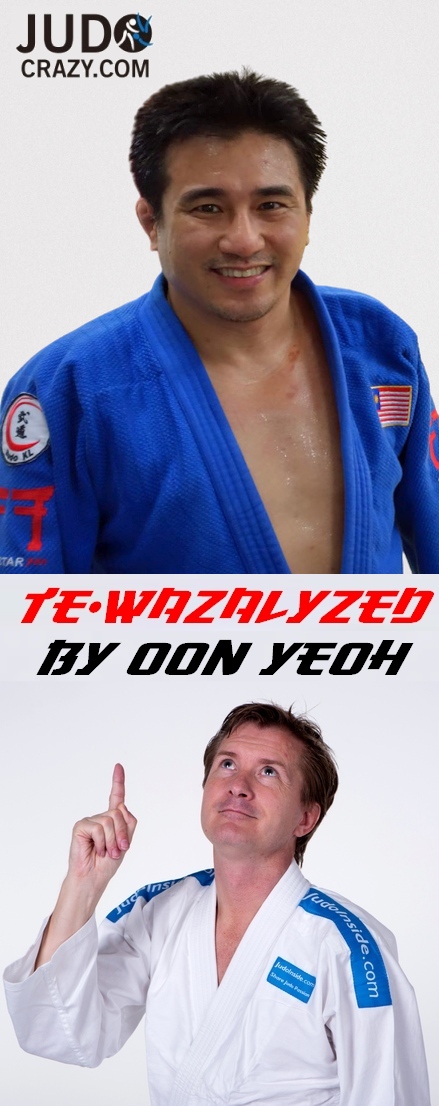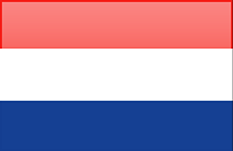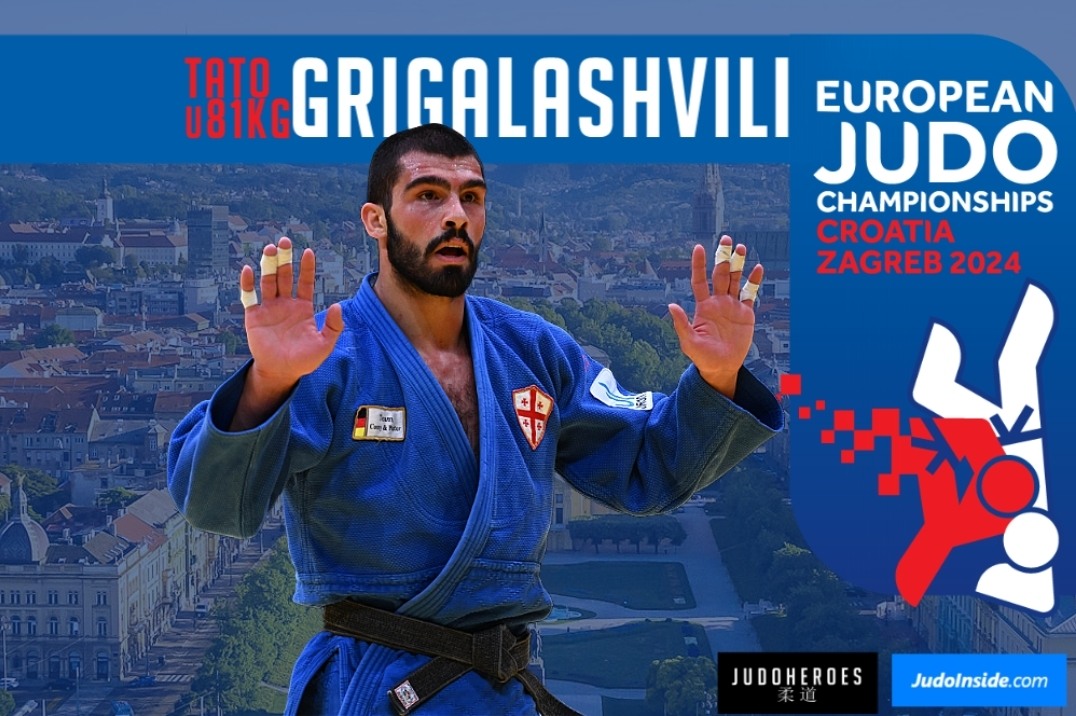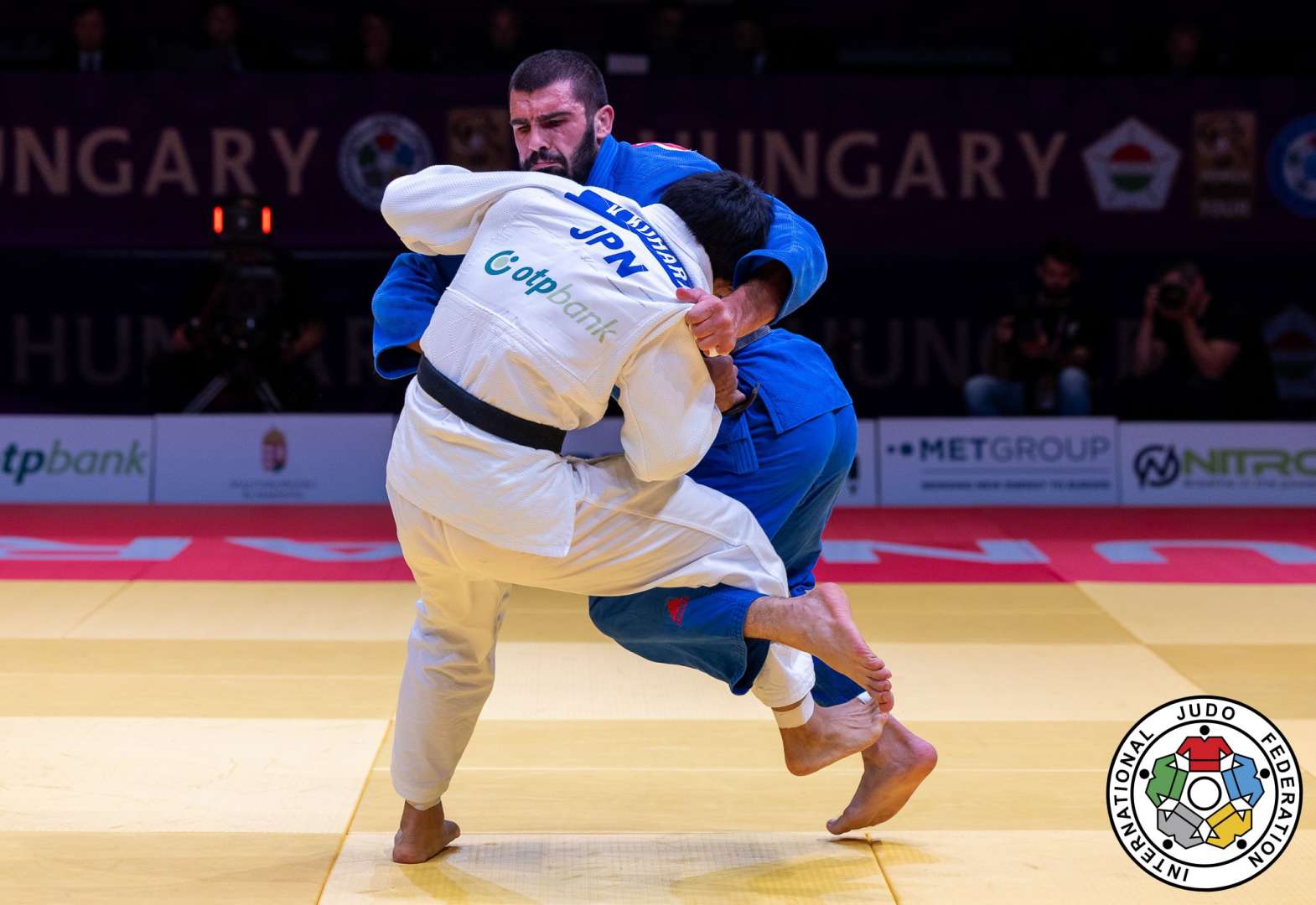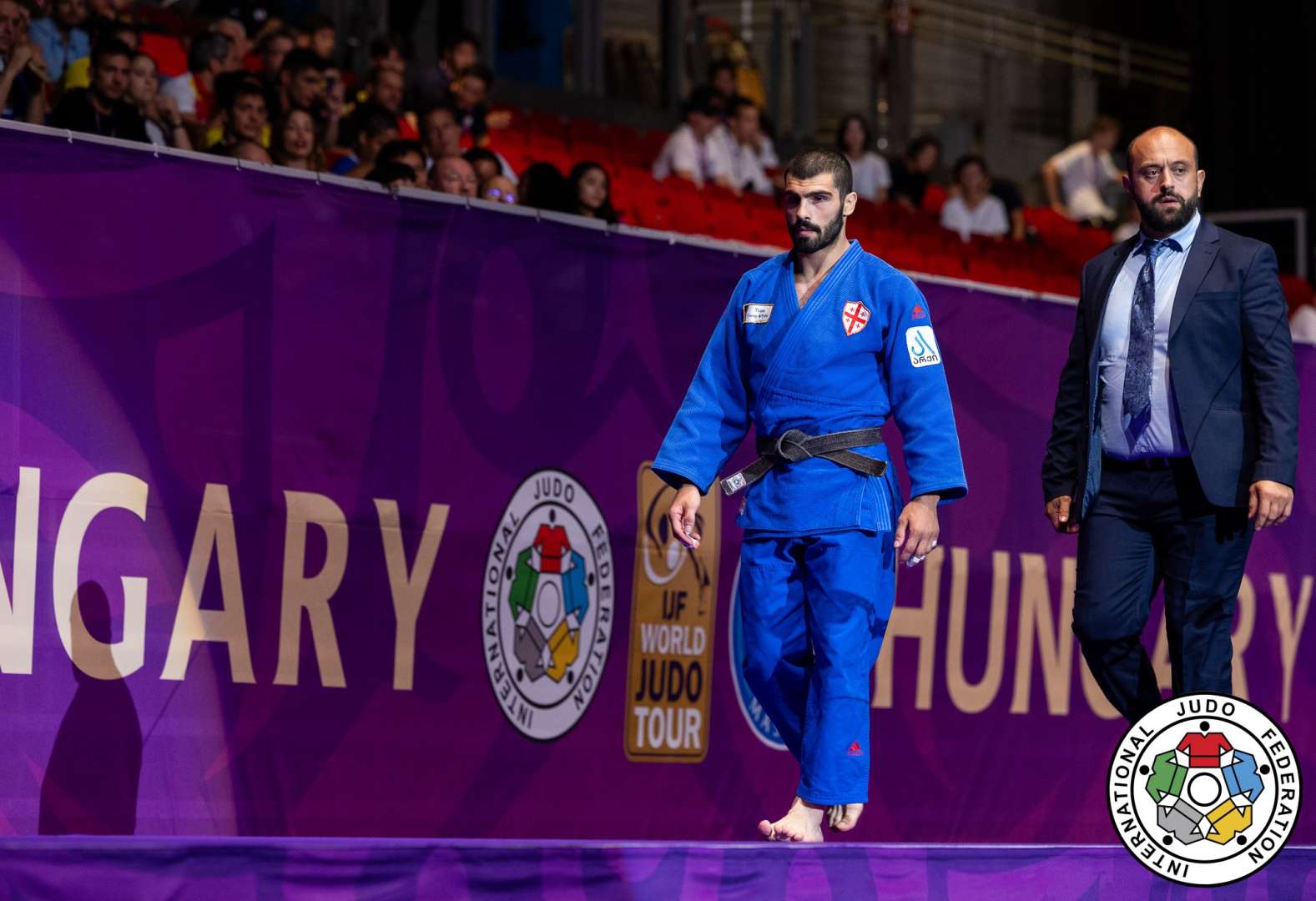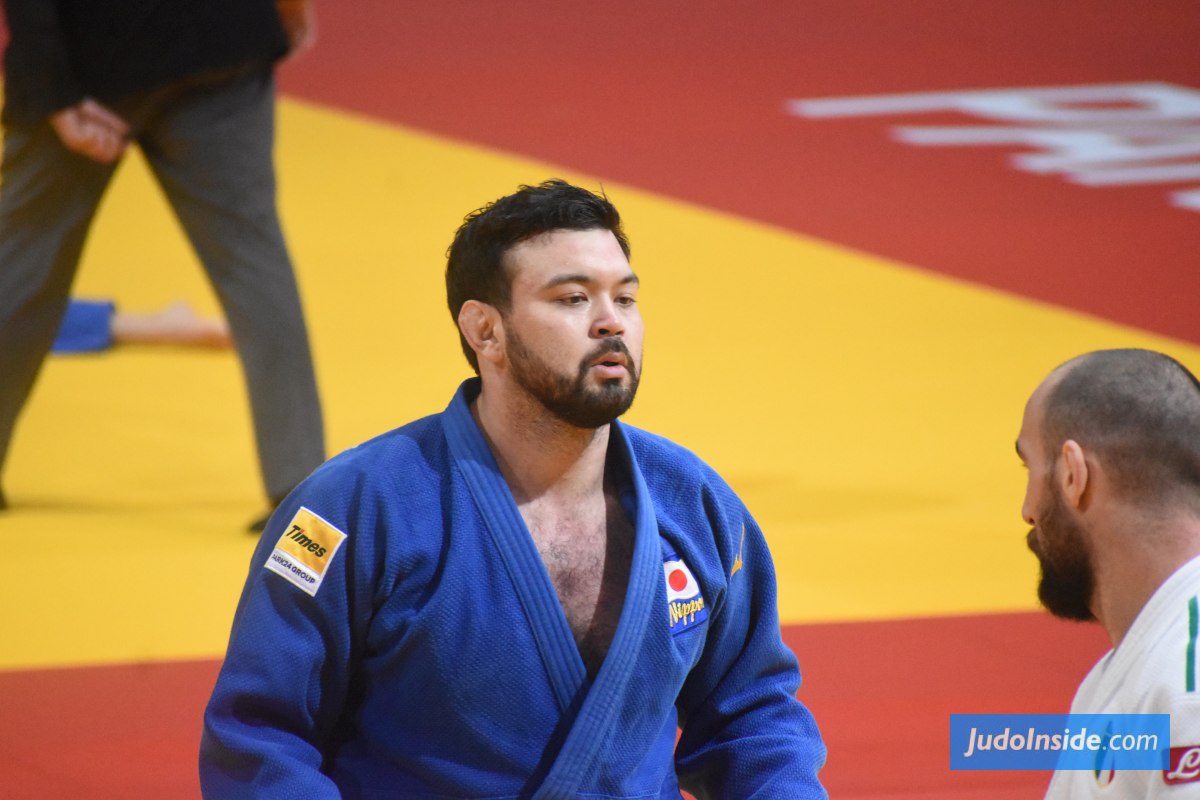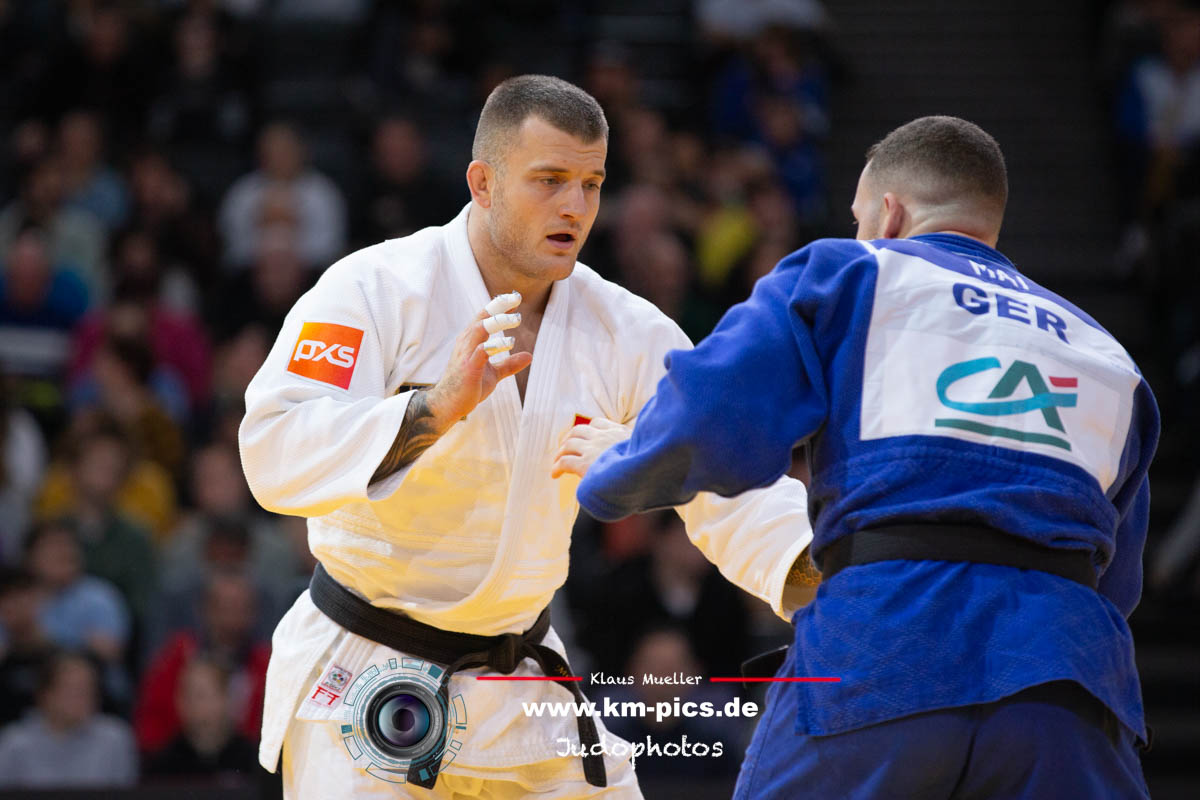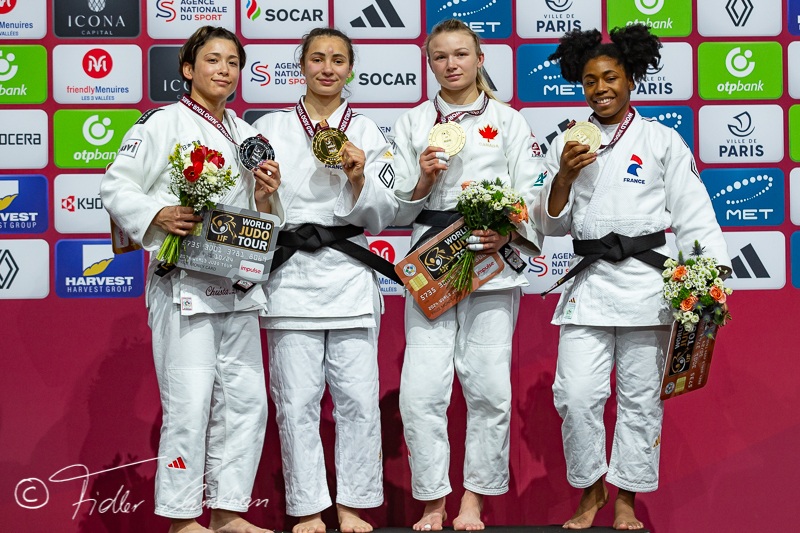Olympic qualification: Maruyama vs Abe in just one contest
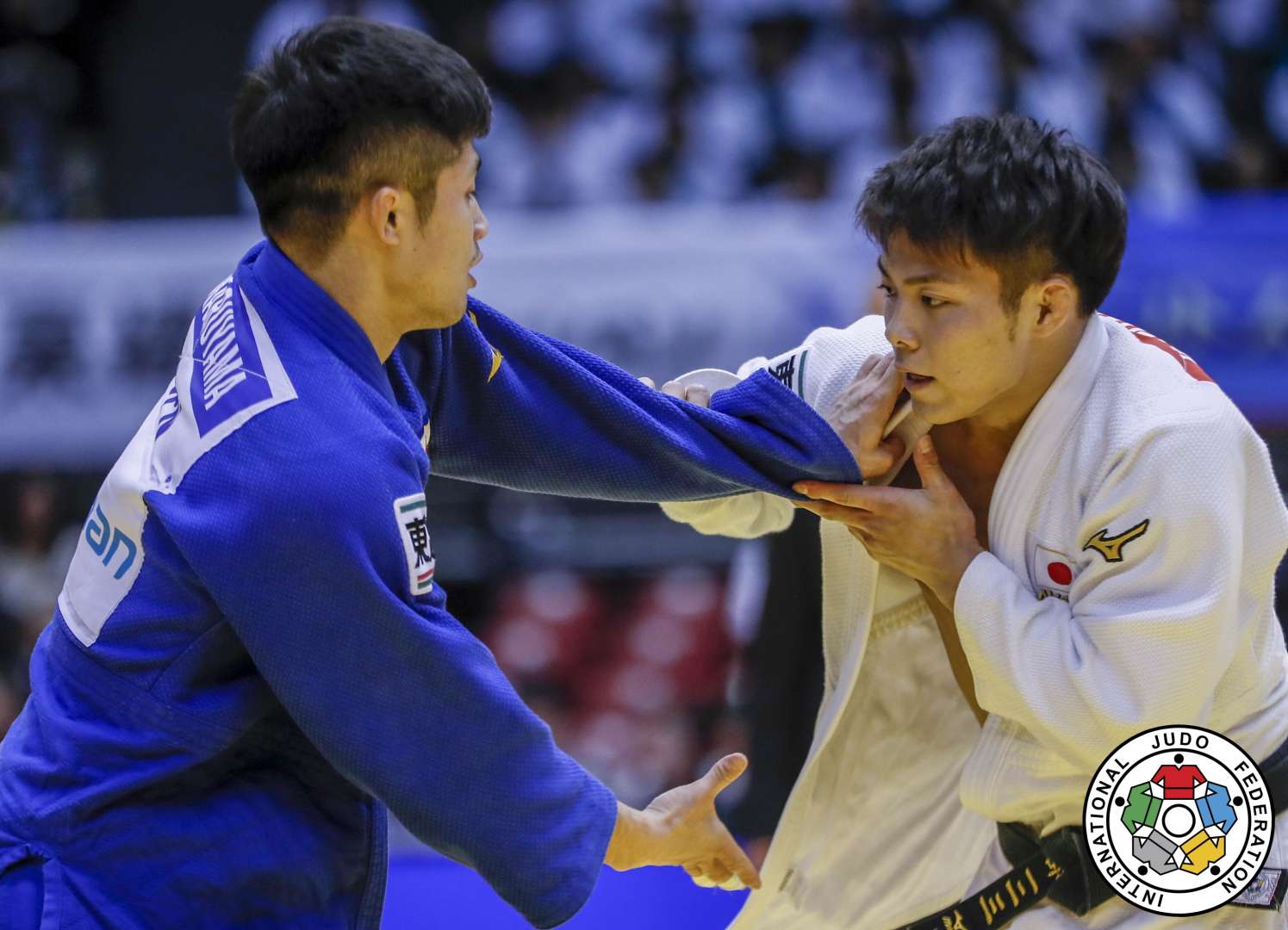
 12 Dec 2020 15:20
12 Dec 2020 15:20
 JudoCrazy and JudoInside
JudoCrazy and JudoInside
 IJF Media Team / International Judo Federation
IJF Media Team / International Judo Federation
The battle between Joshiro Maruyama and Hifumi Abe is a big TV show, what fans wanna see, but should it be just one match to decide this? Perhaps the best of three matches would be a better way, like boxing match over various rounds. The winner is potential the next Olympic Champion, but a danger of such a battle (not just this one) is that none of the two candidates takes the Olympic gold. It’s also about the shape of the day. Who is in best shape on 13 December, that’s a question Oon Yeoh of JudoCrazy analysed.
There's tremendous buzz about the upcoming Maruyama vs Abe battle for a spot on the Olympic team. Japan's "luxury problem" of having more than one excellent player in a category isn't restricted to the U66kg division. At U60kg, they also have two incredible players in the form of Takato and Nagayama. And at U73kg, there's Ono and Hashimoto. It's also not limited to the men's division. At U52kg, there's Uta Abe and Shishime.
But in all those other categories, the superior player is clearer. Nagayama is absolutely world class (and he has beaten Takato before) but he's a double World Bronze Medalist while Takato is a triple World Champion.
The gap between Hashimoto and Ono is relatively smaller, and both have shown an ability to beat anyone in the world. But while Hashimoto is a World and Asian Champion (held every year), Ono is an Olympic, triple World and Asian Games Champion (held every four years).
Shishime is a Wold Champion and World Silver Medalist while Uta Abe is a double World Champion. On that basis, they seem pretty close. But a deeper dive into their respective stats will provide clearer insight on who is the one with more potential. In the past four years, Abe has lost only once (to Amandine Buchard of France). In the same time period, Shishime has lost to Krasniqi (KOS), Kelmendi (KOS), Buchard (FRA) and to Abe (not once, not twice but five times!).
Crucially, Abe has beaten Kelmendi, the defending Olympic champion. That alone probably makes her the obvious choice for Japan.
On paper, Hifumi Abe is superior to Maruyama. Abe has two World titles and nine IJF World Tour golds while Maruyama has a World title and five IJF World Tour golds. In terms of results, Abe has a superior record. A scrutiny of their stats however makes it harder to decide who is actually more likely to win gold at the Olympics.
Both seem to be hard for international players to beat. In the past four years, Abe has lost only four times (once to Lombardo of Italy, once to a Mongolian and twice to Maruyama). In the same time frame, Maruyama has lost five times (three times to An Baul of South Korea and twice to Abe).
So, as you can see, there is hardly any gap between them in terms of their ability to win internationally. While it might be easy to conclude that Maruyama has a bogeyman in An Baul, it should be pointed out that he has actually beaten An twice.
As for Abe, there are signs that he might actually have a bogeyman in Italy's Lombardo. Although technically he has lost to the Italian only once (in the 2019 Paris Grand Slam), most observers feel he had actually also lost to Lombardo in the 2019 Tokyo World Championships and was saved only by a dubious decision by the video judges (the referee had actually called it for Lombardo but was over-ruled).
It's worth noting that it's 2:2 for Abe and Maruyama when it comes to their international battles with each other.
If you were to ask most judo fans and commentators whether the choices of Takato, Ono and Uta Abe were the right ones, you'd probably get a chorus of agreement. But ask them who would be a better pick, Hifumi Abe or Maruyama, and you will surely get very deeply divided answers.
Maruyama has an unbelievable uchimata but Abe has an unreal morote-seoi-nage. A play-off is probably the fairest way to decide who gets to be on the Olympic team. Perhaps the best of three matches would be a better way.
This, in fact, is the format that Judo Canada will be taking to resolve their "good problem" of having to choose between Christa Deguchi and Jessica Klimkait. They will battle it out, in a yet-to-be-determined date, over three matches.
In judo, sometimes luck (good or bad) can decide a match. Anything can happen in one bout, especially when it involves two very evenly-matched players. When you have the best of three, you are better able to mitigate the role of luck. If a player can beat the other one at least two times (or perhaps all three times), you can feel confident that he is the right one to be selected. On the other hand, we know it’s not about the one not qualified for the Games, but the foreign opponents at the Games.
Three matches will also make it more exciting for the audience. I'm sure if you did a poll of judo fans, asking whether they would prefer one or three matches, the answer would overwhelmingly be for the latter. But one match is all we'll get.
 like
like
 share
share
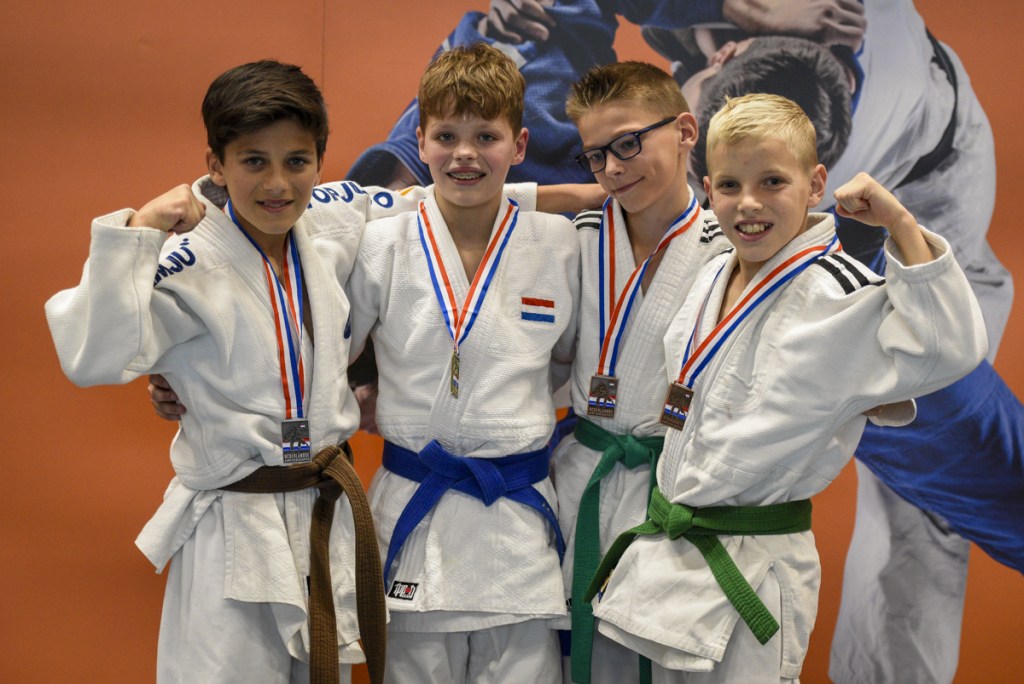
| Result | City | Date |
|---|---|---|
| 3 | Belgrade | 2023 |
| 2 | Montpellier | 2023 |
| 3 | Budapest | 2023 |
| 1 | Doha | 2023 |
| 1 | Paris | 2023 |
| Result | City | Date |
|---|---|---|
| 1 | Tashkent | 2 Mar |
| 1 | Paris | 3 Feb |
| 1 | Budapest | 2023 |
| 2 | Tokyo | 2023 |
| 5 | Montpellier | 2023 |
